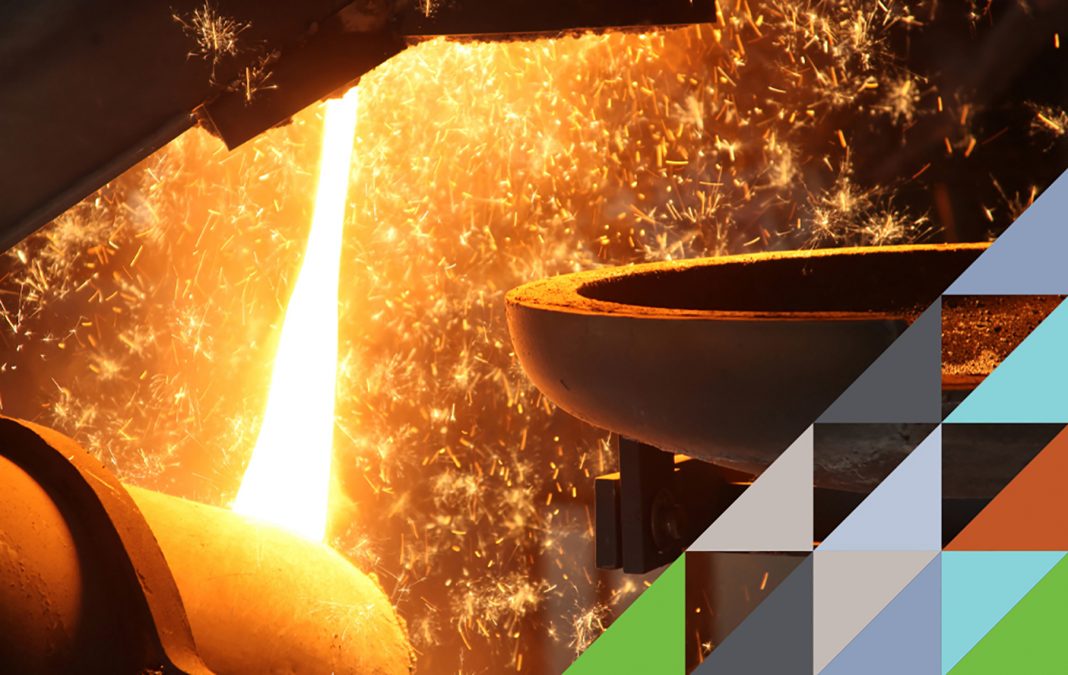Glass Futures has joined leaders from polymer, metal and other manufacturing sectors to form the Foundation Industries Sustainability Consortium (FISC) with the goal of driving low-carbon innovation for the UK’s raw materials.
“The products made from these materials are responsible for 10% of the world’s CO2 emissions,” says the organisation. “We cannot do without the products of the foundation industries, so it is essential that we work to make the products more sustainable and reduce their carbon footprint.”
It says the foundation industries face a set of challenges and must aim to:
- Use more scrap materials as feedstocks to reduce virgin raw material demand through a more circular approach to manufacturing,
- Develop more sustainable, lower carbon and more resource efficient manufacturing routes for the future of the world,
- Develop more innovative products making materials in the integrated supply chain more efficient thereby increasing the economic and social value of these supply chains,
- Continuously improve the efficiency of manufacturing to reduce costs, increase yields and reduce emissions,
- Develop a new generation of low carbon sustainable and resource efficient processes, products and manufacturing plants to ensure the UK has manufacturing assets and products that are fit for the future,
- Increase UK production so it’s less reliant on imports.
FISC’s first project is known as EconoMISER (Economic Materials Innovation for the Sustainable and Efficient Use of Resources). It is funded by Innovate UK as part of the Transforming Foundation Industries (TFI) Challenge and builds on the existing innovation capability of the partners.
Dr Ben Walsh, Deputy Director – Transforming Foundation Industries, Innovate UK said, “FISC is open to all in the industry, and we welcome them to engage and plan projects that will drive the foundation industries forward. FISC will provide support through access to the equipment and services of its members.
“The depth of expertise across a wide range of innovation activities means that FISC can bring together unparalleled expertise that can help its partners reach practical solutions more quickly and at lower cost than if each partner worked independently.”
The consortium will lead projects based on six themes; alternative fuels, digital sensing, process optimisation, sustainable materials, circular economy and training and skills.












